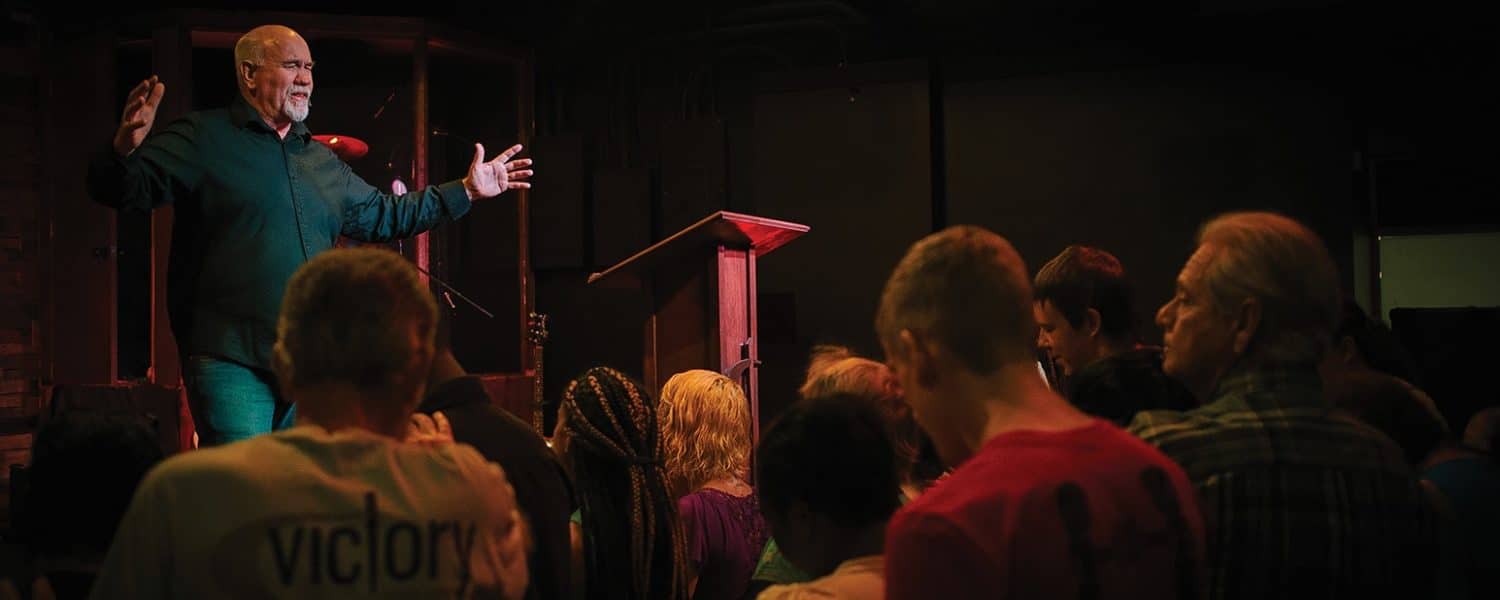As churches have reopened, there are a lot of people that want some “face time” with the pastor.
Some of them are happy the church has re-opened – others are angry that it was ever closed. Many have prayer requests or needs for family, jobs or health. Others want to challenge your pastor on a particular stand (or lack thereof) that your church has taken during recent civil turmoil.
Regardless of the motivation, your pastor is getting more attention than ever.
Let’s start with the basics. Pastors are busy people! Every week, they have to prepare sermons, counsel couples, make hospital visits, marry some people and speak at funerals for others. That happens before they stand in front of the congregation every Sunday – whether in person or online – to lead us in God’s word.
But your pastor isn’t just the spiritual leader of your congregation; they are also the public face of your church. This means that when people are unhappy with the church, with God or just life in general, your pastor can become a target for their pain and anger.
Threats to your pastor can come in a variety of forms. Physical threats are a concern, but it doesn’t stop there.
Church security has to be thinking about the news media, social media, protests, maybe even stalkers or people that might target their family. And of course, remember, they are subject to same physical and spiritual fatigue that we all face.
So, we’d like to highlight these four considerations when you put together the plan to protect your church leadership.
Pastors Are Pastors, Not Security Personnel
Pastors are more interested in saving others than protecting themselves. They often don’t think about all the bad events, but choose to focus on all the good. And most pastors believe the risk is worth the reward!
So, it’s up to us to be the eyes and ears of church security, while they are being the hands and feet of the Lord.
We do this by thinking through the service times or even through their entire day to identify potential risks and places where they will be most vulnerable. This includes parking lots, transition between events, and other areas outside of the sanctuary or common areas of the church.
Pastoral Protection Should Never Look Like the Secret Service
Church security is unique – and pastors don’t want bodyguards looming over them. Our job is to be low key, almost invisible. We should be servant focused and flexible.
What does flexible mean? It means we need to allow the space for our pastors to do their thing. Most of them want to engage people up close – especially the sick and hurting.
This also means that we may be called on assist in ministry and even pray with someone. But remember this – we need to be focused on the pastor’s surroundings, not on the pastor.
Pastoral Protection Is Based on Trust and Built Over Time
Pastoral security team members must be carefully selected and trained. They must also be spiritually mature and highly discerning.
Remember, these are team members that will often be right next to your pastor. This means they must be able to keep confidential any conversations or other private information that they see or hear.
And finally, they must view the role as serving, not “hang out time” with the pastor. Certainly, be friendly, but don’t monopolize the pastor’s time with conversation.
One Size Does Not Fit All for Pastoral Protection
Each church has its own unique challenges and characteristics with different sizes, locations, and weekly responsibilities. Churches also have varying exposure to the public eye based on their personality and beliefs. Each pastor will also have their own preferences and tolerances when it comes to security.
Protecting our pastors doesn’t just keep your church safe; it reflects the wisdom and honor due to them. Start by having a conversation with your church leadership and seek their guidance on culture and how you can best support the church mission. Start small and build trust over time.
Be honest with your pastor and your church leadership. Your pastor is likely a humble servant that doesn’t believe they need a lot of fanfare…and this includes personal security.
Like most areas of security, this is a collaborative effort that requires you to be sensitive to the needs of the church, but also forthright in your approach. Share with them your concerns – but also offer solutions. Remember, they are looking to you to provide wisdom in this area.
This article is courtesy of SecureChurch, which provides comprehensive church security planning and training, www.securechurch.com.




